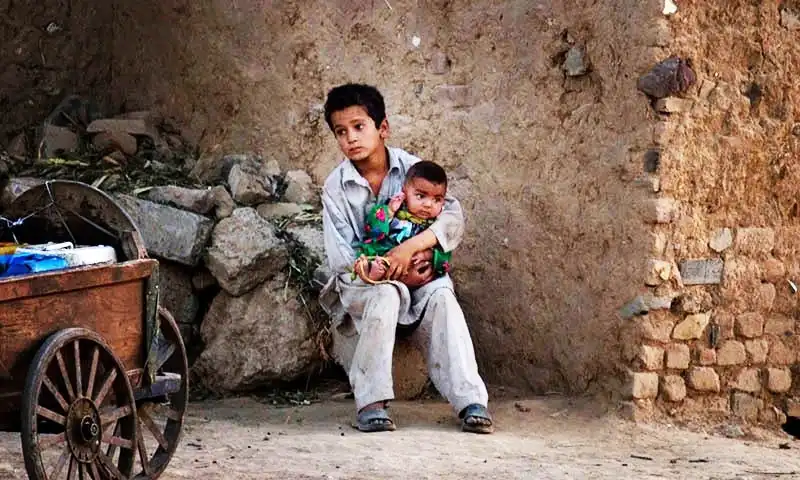- Web Desk
- 8 Hours ago
UN warns of rise in chemical drug production under Taliban
-

- Web Desk
- Oct 30, 2025

WEB DESK: Afghanistan has rapidly transformed into a global hub for synthetic drug production, particularly crystal meth (methamphetamine), according to a shocking new report by the United Nations Development Programme (UNDP) and the UN Office on Drugs and Crime (UNODC) titled “Afghanistan Drug Insights 2025.”
The report finds that under Taliban rule, Afghanistan has become a center for narcotics, smuggling, and terrorism, with poppy fields increasingly replaced by chemical drug laboratories. Between 2017 and 2021, the amount of synthetic drugs seized in the country reached 30 tons, highlighting a dramatic surge in production.
The western provinces of Helmand, Farah, Herat, and Nimroz host hundreds of small drug labs, using the local shrub Ephedra as a key raw material for meth manufacturing. Afghanistan has also emerged as a major transit point for global narcotics trafficking, posing growing threats to regional stability, particularly for Pakistan, which faces spillover smuggling risks.
Pakistan has stepped up its anti-narcotics and anti-smuggling operations, with the Pakistan Navy recently intercepting two vessels in the Arabian Sea, seizing drugs worth $972 million, including 2.5 tons of crystal meth (“ice”) and 50 kilograms of cocaine.
Regional experts warn that stabilising Afghanistan and curbing drug production is now crucial for maintaining peace and security across South and Central Asia.




